General Motors has pulled the plug on its Maven car-sharing service, the company confirmed in an email sent to customers Tuesday.
“After critically looking at our business, the industry, and what’s going on with COVID-19, we have made the tough but necessary decision to wind down our business,” the email said.
Maven was launched in 2016 as a rival to other car-sharing services such as Daimler’s Car 2 Go and Zipcar. The service operated in 17 different U.S. cities at its peak and was also offered in Toronto, Canada and Perth, Australia. Shortly after its 2016 launch, GM expanded Maven’s scope with Maven Gig, which allowed users to rent GM cars to use for delivery jobs and other “gig economy” tasks. Maven also operated an e-bike sharing service and allowed GM owners to rent out their own vehicles through its smartphone app, allowing it to serve as a rival to other peer-to-peer car-sharing apps like Turo.
Maven’s future was called into question when director Julia Steyn left the company suddenly last January. This was Maven’s second major executive departure in less than a year, with its director of urban mobility, Petr Kosak, also leaving the company in February of 2018. There was more bad news for Maven last May, when GM pulled the service out of eight U.S. cities, saying it was “shifting Maven’s offerings to concentrate on markets in which we have the strongest current demand and growth potential.”
In a statement released Tuesday, GM’s vice president of global innovation, Pamela Fletcher, said the company has “gained extremely valuable insights from operating our own car-sharing business.”
“Our learnings and developments from Maven will go on to benefit and accelerate the growth of other areas of GM business,” Fletcher added.
GM launched Maven as a way to gain insight into the car-sharing and mobility industries. It also used the app to prepare itself for a changing automotive industry landscape that is seeing young people buy fewer cars and rely on mobility apps like Uber and Lyft.
While Maven is no longer, GM is still involved in the mobility industry in the way of its Cruise subsidiary. Through Cruise, GM hopes to launch a driverless ride-hailing service using its Cruise Origin autonomous shuttle, which will serve as a rival to Uber and Lyft. The automaker had previously planned to launch the robotaxi service in late 2019, but delayed its rollout indefinitely last summer.
Subscribe to GM Authority for more GM mobility news, Maven news and around-the-clock GM news coverage.

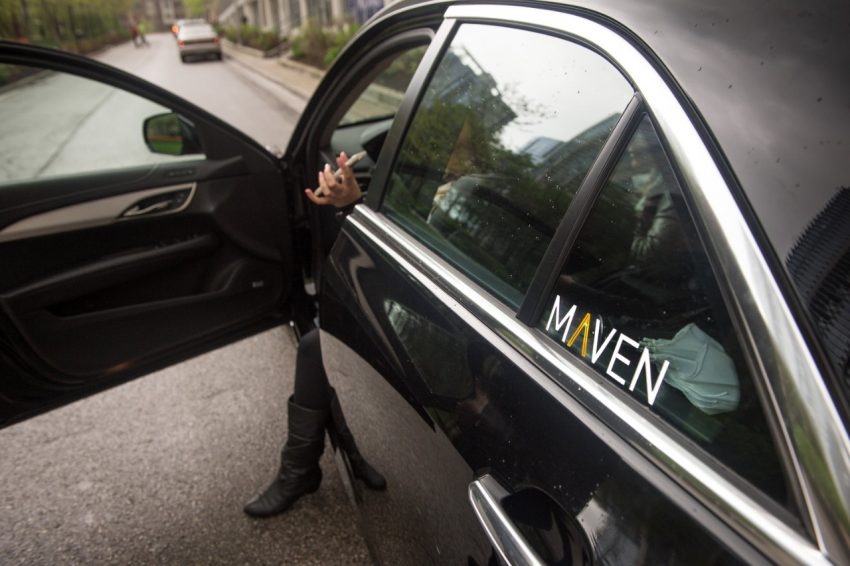
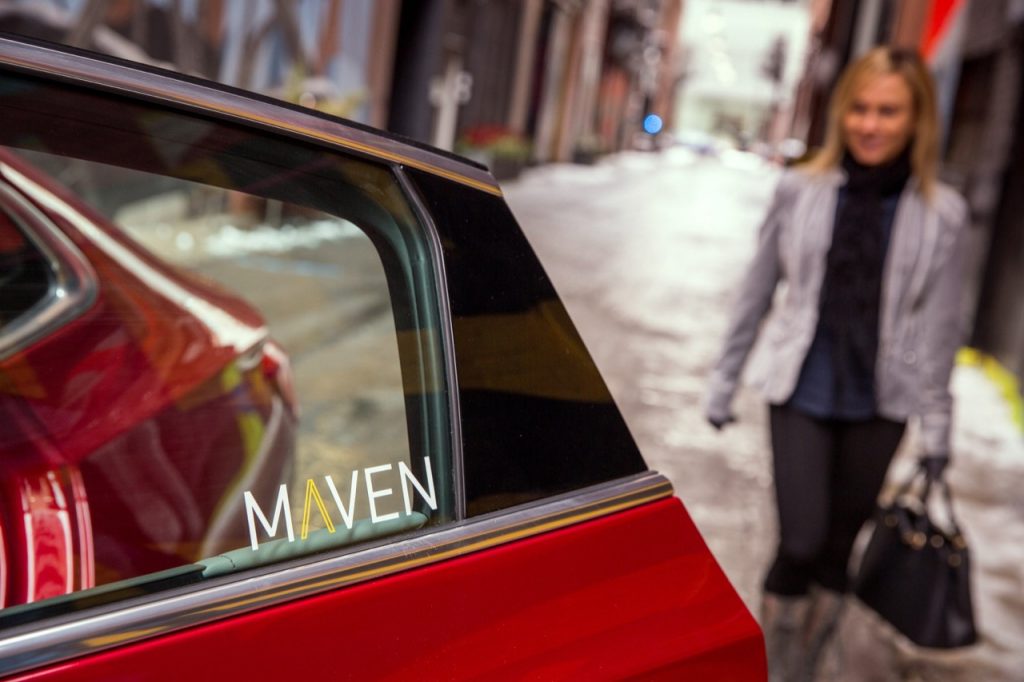

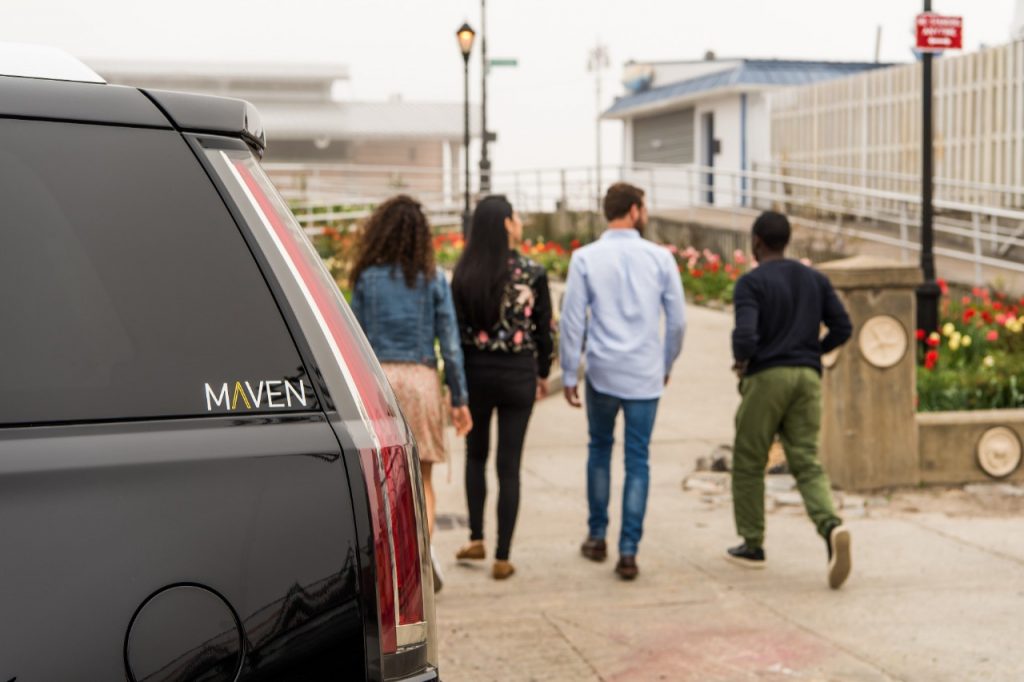
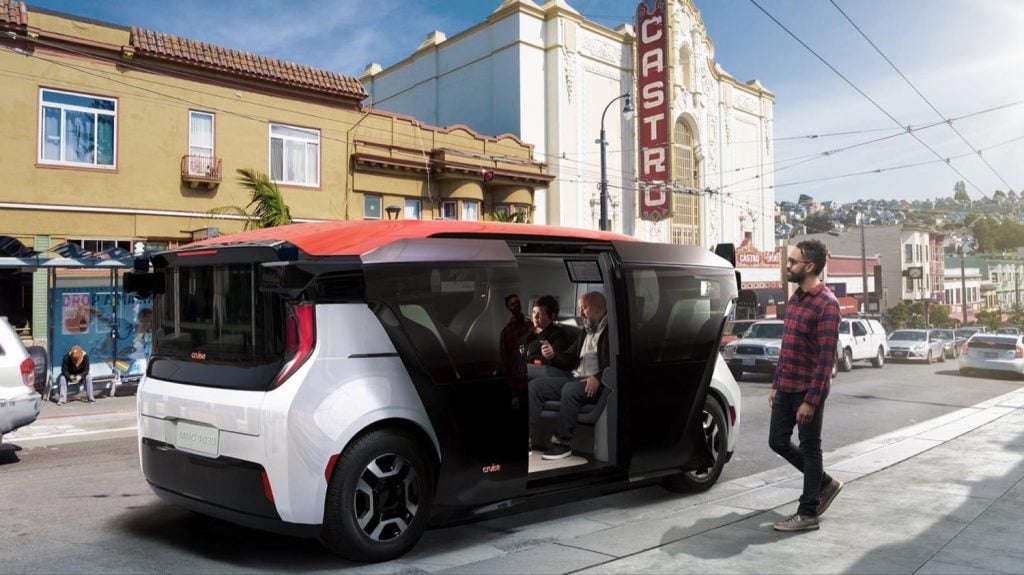


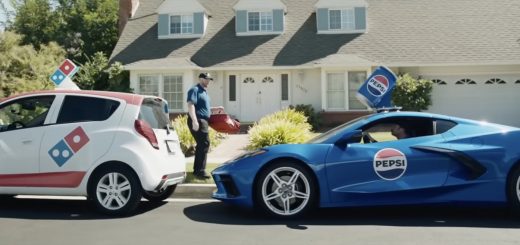
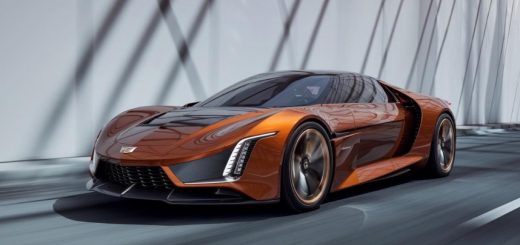
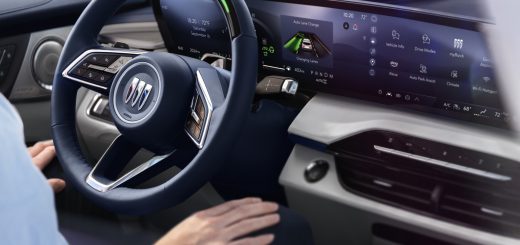

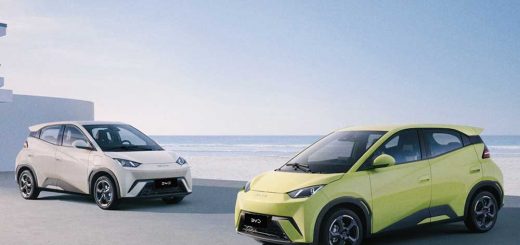





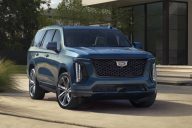
Comments
maven was comatose and on a ventilator long before covid-19 arrived on the scene.
I think that there will be a major shift away from ride sharing in light of the COVID 19 situation.
The very fact that the UAW endorsed Joe Biden for this year’s Presidential election says that members of the UAW don’t really care whether they have a job or not because they’re confident of being able to find other jobs; it was Donald Trump that forced car companies to expand and bring back jobs to the United States to which the UAW has rewarded Trump by supporting the candidate which was part of a Presidential Administration which allows thousands of UAW jobs to be lost.
The UAW always endorses the Democrat candidates. It would have been truly shocking if anything else had happened.
Your ability to offer relevant insight is second to none….
The UAW has always tended to prefer DEM presidents. The UAW also needs to remember that they are also part of the reason for what happened to GM in 2008. Like all things that are good there is an expiration date. Unions served a good purpose last century. Now they should go away unless I am the president of these unions then i’d beg to differ!
Well you’ll get your wish. The unions will go away, because manufactures will continue to move everything overseas to avoid them.
Good. I hope that Cruise is next so GM can get back to the business of designing and building AMERICAN cars that PEOPLE WANT TO ACTUALLY BUY!
So you want GM to lose billions of dollars, which will somehow make them more able to compete?
No , I want them to stop wasting billions of dollars on speculative technology and enhance the core product.
Anybody who didn’t see this coming, please raise their hand. I never thought Maven would work. It was a waste of money and as Tigger says, GM doesn’t have the core of their business in good shape so they shouldn’t be spending lavishly on speculative ventures. Also, I would echo his/her statement that COVID-19 is going to really hurt ride-sharing services.
Rolling Petri dish even before Virus. Dumb idea to begin with.
New mobility solutions will be the future. The main reason I own shares in GM is Cruise, which looks to be very well positioned to lead in Autonomous robotaxi services. As part of GM they are able to scale at speed when the time to launch comes.
Dealing with the upcoming problem of getting new cars in use as factories restart, while cautious consumers result in lower demand, will require some innovative thinking.
We’ve previously seen Government support like the cash for clunkers scheme. Hyundai used a guarantee scheme, something like – if you bought a new car but lost your job within a year, you could sell it back.
There will be a surplus of new cars and ex-rental cars. Offering car subscriptions could be a way to get cars in use profitably, while offering consumers flexibilty. This will be a great business in the future. Has its time now arrived?